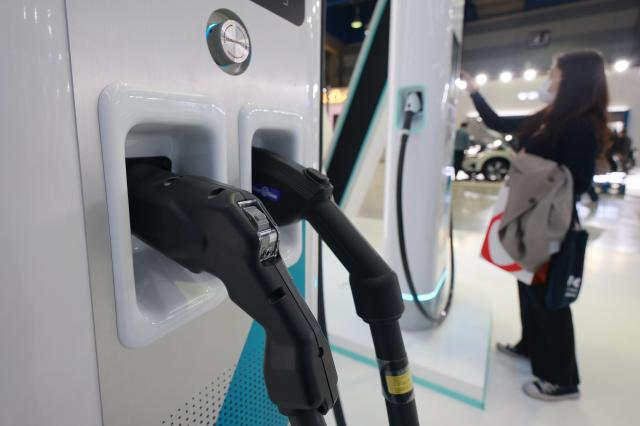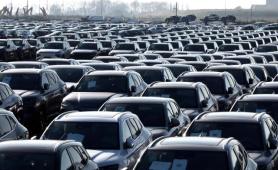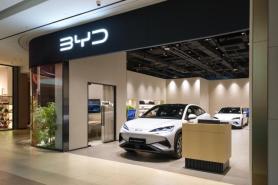
SEOUL -- Data released by the Ministry of Land, Infrastructure and Transport revealed that approximately nine percent of newly purchased vehicles in South Korea in 2023 were electric vehicles. As of now, there are over 200,000 EV chargers installed across the country, indicating a ratio of two EVs for every charger.
South Korea mandates that new buildings constructed after January 28, 2022, allocate at least five percent of their total parking spaces for EV chargers. Similarly, older apartments with more than 50 parking spaces are required to convert a minimum of two percent of their parking lot into EV charging and parking spaces.
According to a survey conducted by the state-operated Korea Transportation Safety Authority in 2023, involving 2,252 drivers, 72.9 percent stated that they would recommend others to choose an EV for their next car. However, 9.3 percent expressed reluctance to recommend EVs, citing concerns about the lack of charging infrastructure (35.7 percent) and vehicle safety (18 percent).
The transport ministry said in a report released on February 13 that a total of 1,749,729 vehicles were sold domestically in 2023 and among them, 162,507 EVs were sold, accounting for 9.3 percent of the total. The purchase rate of EVs has been steadily increasing since 2019 when only 1.9 percent of newly purchased cars were electric. The purchase rate reached its highest in 2022 with 98.7 percent.
The EV adoption rate in South Korea is higher than that of the United States, Japan, and India. According to data released by the Japan Automobile Dealers Association and the India Automobile Dealers Association, EV adoption rates in the U.S., Japan, and India were recorded at 7.2 percent, 2.9 percent, and 2.1 percent respectively last year. The sales volume of EVs was recorded as follows: 1,115,633 units in the U.S., 88,535 units in Japan, and 82,105 units in India.
Copyright ⓒ Aju Press All rights reserved.




